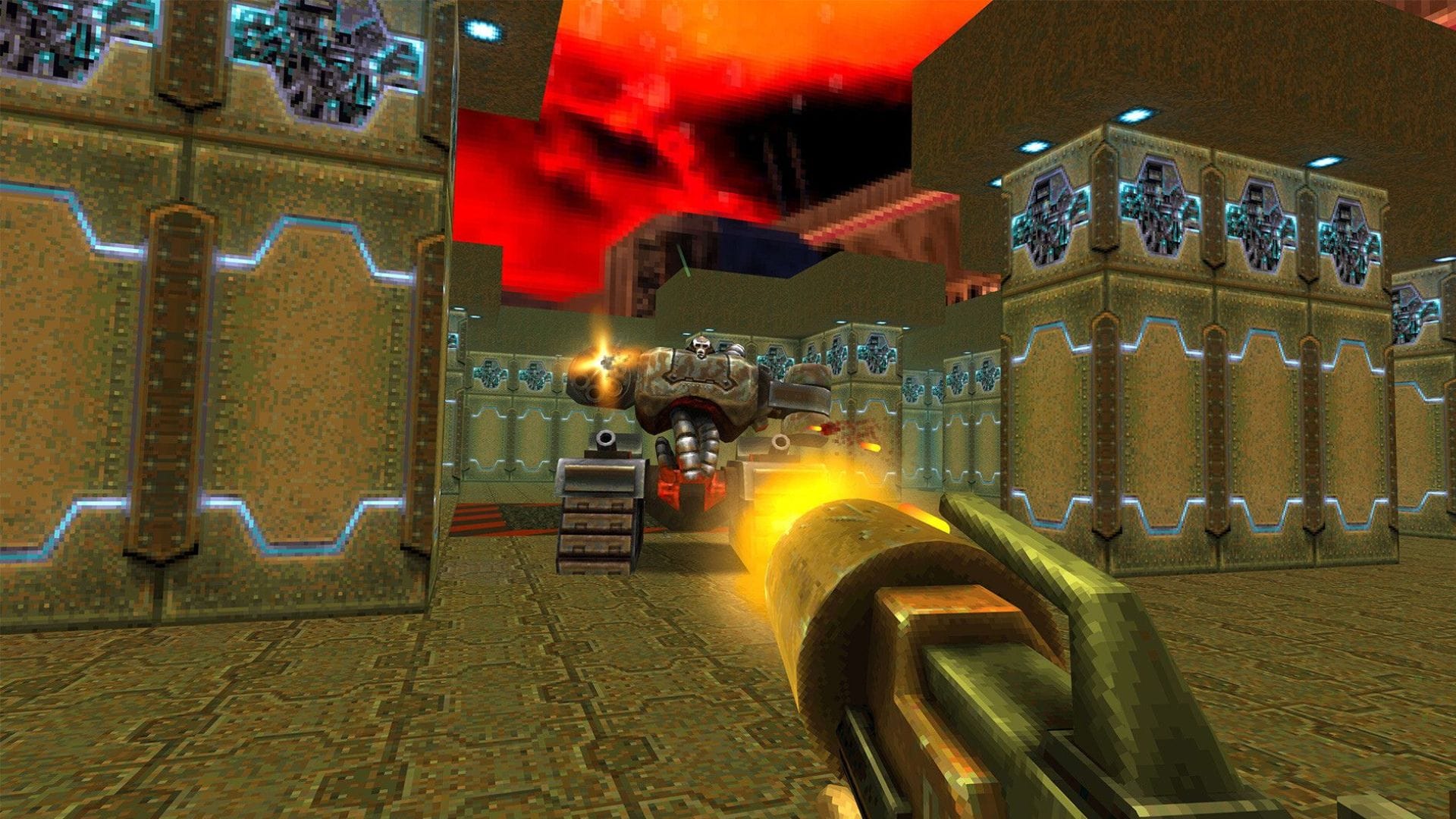Microsoft reveals AI-powered Quake II demo with clear limitations
Microsoft releases a playable AI-generated Quake II demo but admits it has clear limitations and is more research than an actual game.

Microsoft has introduced a browser-based demo of the classic video game Quake II, designed to showcase the potential of its Copilot AI platform. While playing a version of a beloved game using artificial intelligence might sound exciting, Microsoft is upfront that this is not quite the full gaming experience you’re used to.
Table Of Content
A short trial of Quake II with AI
You can try out the demo for yourself directly in your browser. For a couple of minutes, you can use your keyboard to move through a single level of Quake II. But this isn’t a full version of the game—it’s more of a glimpse into what Microsoft’s AI is learning to do.
In a detailed blog post, Microsoft’s researchers explained that they used their Muse family of AI models to build the experience. These models are made to let you interact through typical game controls—such as a keyboard or controller—and see immediate responses. They aimed to give the feeling of “playing inside the model” instead of playing a finished, designed video game.
To do this, the researchers trained their AI model using one level from Quake II, a game that Microsoft now owns through its acquisition of ZeniMax. The team was thrilled when they could walk around, aim the camera, jump, crouch, shoot, and even blow up barrels—just like in the original game.
It’s not quite the real deal
Despite those early wins, Microsoft stressed that this is only a research test. You’re not playing Quake II traditionally; you’re playing what the AI thinks the game is.
The demo comes with some clear problems. For one, the AI struggles with remembering where things are. If something leaves the screen for over 0.9 seconds, the system often forgets it exists. This means enemies might vanish or appear unexpectedly, and items don’t always behave as they should. Health and damage counters can also be inaccurate.
Interestingly, the researchers saw some humour in these flaws. They described how you can “spawn enemies by looking at the floor and then looking back up” or even “teleport around the map” by glancing at the sky. While it may sound fun at first, this kind of unpredictability also shows the clear limitations of the technology at this stage.
Mixed reactions from the gaming world
Not everyone is convinced that this approach is useful for games. Austin Walker, a game designer and writer, shared his thoughts after trying the demo. In his gameplay video, he was mostly stuck in a dark room—something he wasn’t thrilled about. Others have reported similar experiences.
Walker pointed out that Microsoft Gaming CEO Phil Spencer recently said AI could help preserve classic games by making them playable on different platforms. However, Walker believes this demo shows a clear misunderstanding of what makes games work.
Microsoft is the real offender here, but anyone who writes even a news post about the copilot "AI" Quake ‘tech demo’ without describing how it actually functions (or fails to) it is is doing unpaid PR work.
— austin_walker (@austinwalker.bsky.social) April 6, 2025 at 7:18 AM
[image or embed]
He argued that games like Quake are more than just how they look or behave on the surface. The inner parts—like the code, design, 3D art, and sound—create special, sometimes unexpected, gameplay moments. According to Walker, the result isn’t a real game version if AI can’t recreate those detailed parts.
The internal workings of games like Quake–code, design, 3d art, audio–produce specific cases of play, including surprising edge cases. That is a big part of what makes games good. If you aren’t actually able to rebuild the key inner workings, then you lose access to those unpredictable edge cases
— austin_walker (@austinwalker.bsky.social) April 6, 2025 at 7:24 AM
So, while Microsoft’s AI demo of Quake II is an interesting look at where gaming technology could go, it’s far from a replacement for the whole experience. It’s best seen as an early experiment rather than a finished product.
















